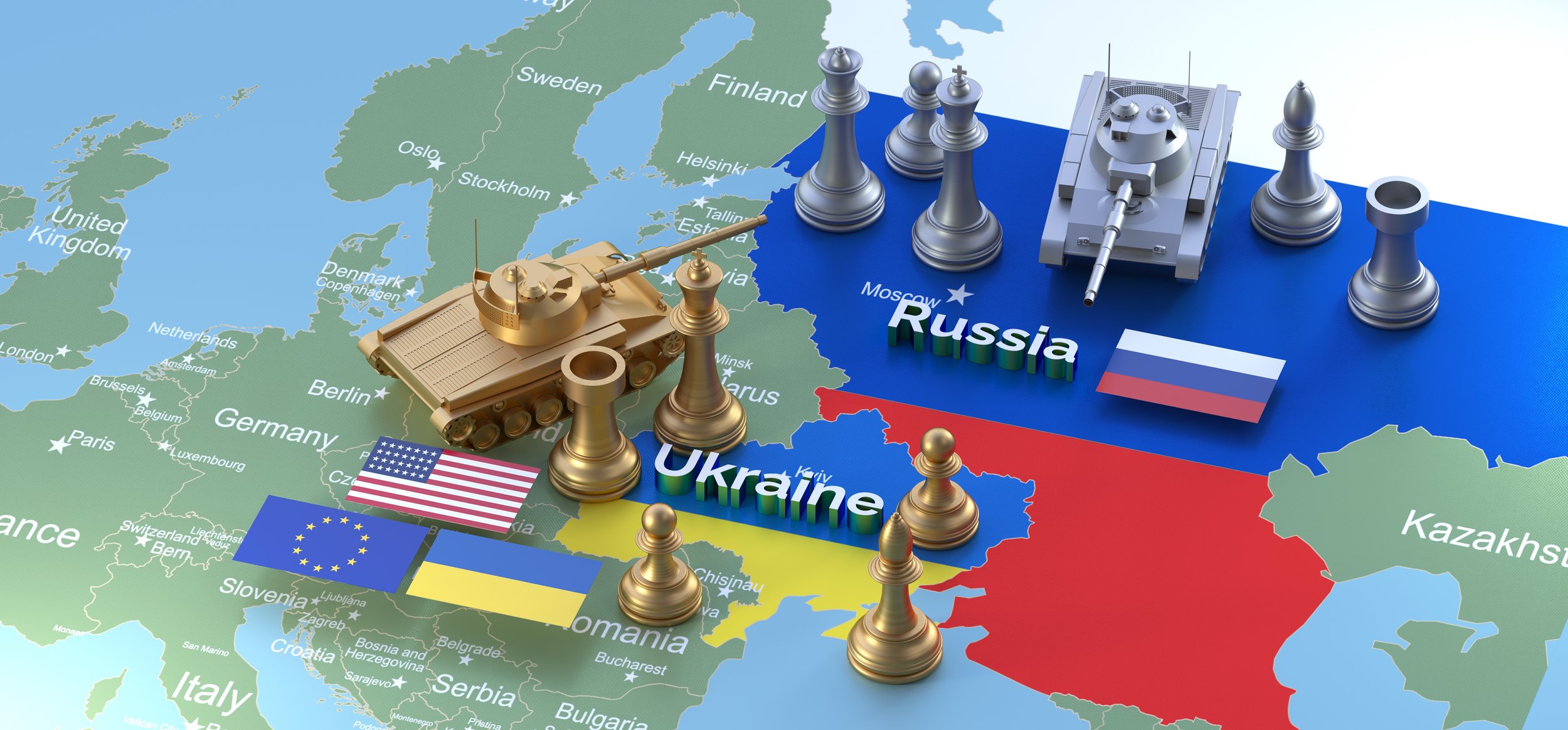The Russian war of aggression against Ukraine has already resulted in more than 69,000 Russian war crimes and crimes of aggression registered by the Office of Prosecutor General of Ukraine. In addition, 18,900 Ukrainians have been killed or injured, and millions more have been forced to flee their homes. With this humanitarian crisis, investor concerns have grown about the human rights risks faced by companies with operations and/or value chain activities in conflict-affected and high-risk areas (CAHRA), which are characterized by widespread human rights abuses and violations of national or international law. Recognizing these risks, the United Nations Guiding Principles on Business and Human Rights and OECD Guidelines for Multinational Enterprises call on businesses to conduct heightened human rights due diligence in such areas.
In response to these concerns, 56 investors representing over $1.7 trillion assets under management signed the Investor Statement on the Crisis in Ukraine in May 2022, expressing support for the people of Ukraine and opposition to Russian aggression. A coalition of investors sent letters to companies asking that they identify, assess and address human rights risks in their operations in Russia and their value chain activities. Following President Vladimir Putin’s “partial mobilization” order in September mandating all organizations, public and private, to facilitate conscription of eligible staff and provide material support to the Russian military upon request, we escalated our approach out of increased concerns about potential company complicity in human rights violations.
In partnership with Heartland Initiative, which works on human rights, an investor initiative engaged several technology companies about heightened risk caused by Russian military dependence on “dual-use” products (goods, software and technology that can be used for both civilian and military applications) found in Russian and Iranian weapons systems used to violate international law in Ukraine. We sent letters to Analog Devices, Texas Instruments and Keysight Technologies and Friends Fiduciary and the Presbyterian Church U.S.A. filed shareholder proposals at the latter two. The Royal United Services Institute (RUSI) reported that Texas Instruments and Analog Devices were the original manufacturers of approximately 25 percent of the dual-use items found in 27 Russian offensive weapons systems, including cruise and ballistic missiles, precision munitions and electronic warfare.
Some companies have argued the complexity and volume of the multi-tiered global electronics supply chain makes traceability of standard semiconductor products unachievable, but others have agreed to take the necessary steps to address the asks of our proposals. They can commission a third-party report on company due diligence processes to determine whether customers’ use of products or services contribute to or are linked to violations of international law.
As investors, we have insisted in company dialogues that simple regulatory compliance isn’t sufficient considering the severe and foreseeable human rights harms in Ukraine. Since nonprofit organizations can track the use of company products from their manufacture to prohibited end-use, companies should be able to devote necessary resources to do the same.
Companies need to assess legal, regulatory and reputational risks through more robust human rights due diligence which also ensures they are operating with integrity, transparency and accountability.
Amy Carr
Senior Shareholder Advocate, Friends Fiduciary Corporation


